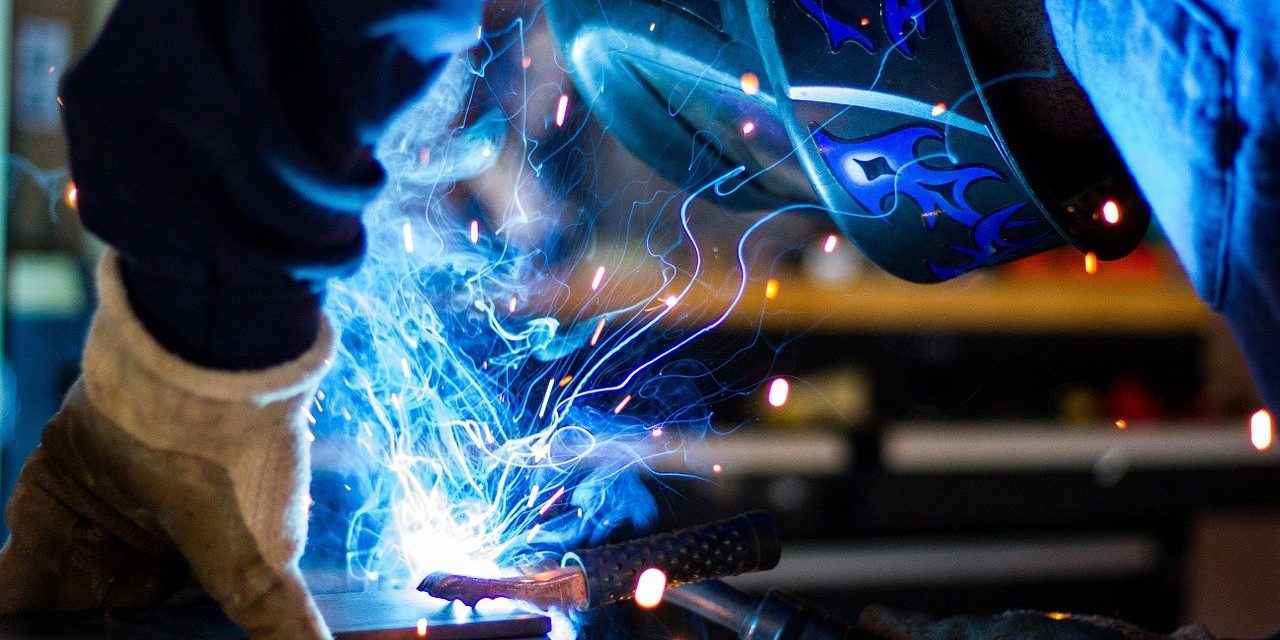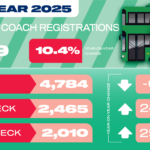Anyone who enjoys working with their hands and is looking for a new career would do well to consider a job as a welder. Unexpected, perhaps, but while other jobs such as flooring, carpentry, roofing or masonry require similar skills, getting trained as a welder can be a good way to maximize your earnings. Compared to other common handyman-type roles in the UK, welding consistently ranks towards the top of the pay scale. Here’s what you need to know about getting started as a welder.
Do you have the skills?
The requirements to become a welder are similar to other popular jobs like gardening and carpentry.
Those just starting out might want to consider a welding apprenticeships or junior opportunities. You’ll likely need 2-4 GCSEs, typically including English and Maths for an Intermediate apprenticeship or 5+ GCSEs (A*-C) including English and Maths for an Advanced Apprenticeship.
Working as a welding apprenticeship is a way to get structured training leads to industry-recognised qualification, all whilst working in a paid job. If you’re thinking of starting a career in welding as an apprentice, take a look at the Youth Employment UK’s Welding career hub; it’s full of useful information on qualifications, training and potential roles near you.
Alternatively, you can take a college or specialist course to earn your welding qualification before starting work as a trainee welder.
What do you need to start your own welding business?
Once you have a few years of experience under your belt you can start your own welding business. Whether you’re starting a larger company or want to work as a self-employed welder, you’ll need to set up your business properly and buy welders insurance. Comprehensive welder’s coverage will include public liability insurance and tools insurance, at a minimum.
What does a typical day look like?
On an average day, a welder might do any of the following:
- Operate welding equipment
- Dismantle structures
- Maintain and clean tools
- Calibrate machinery
- Complete jobs to spec
- Measure dimensions of materials
How much can you earn?
Of course, if you’re wondering if welding would be a good career move for you, you’ll certainly consider the pay opportunities. The good news is that welding is one of the best paying trades in the UK.
According to Office for National Statistic wage data, welders earn an average of £27,400 a year. This is higher than bricklayers and masons (£26.5k), Floorers and wall tilers (£25k), roofers, tilers and slaters (£24.6k) and painters and decorators (£24.6k).
And despite 2020’s challenging environment, opportunities continue to be there for quality welders. For example, at the end of the year there were over 1,100 welding jobs listed on Indeed.co.uk.
Where should you work?
Not surprisingly, like nearly every occupation, big cities seem to perform the best for welders in terms of pay. However when you take into account the cost of living, smaller towns and cities may be significantly more attractive for a welder to live and work.
And the good news is that the market is growing for welders. YouthEmployment estimates that around 4,500 new welding jobs will be created in the coming years, providing opportunity for quality welders to join the market and even start their own businesses.


















